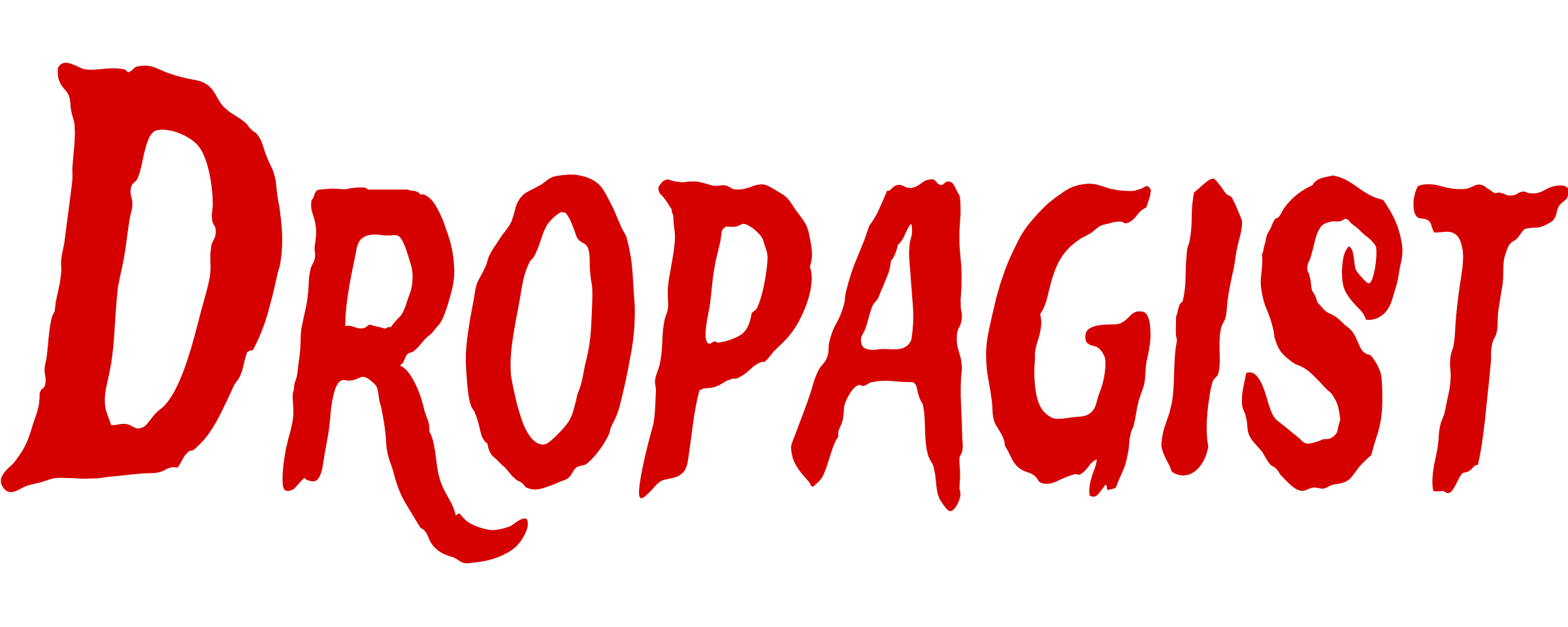
Growing up in Nigeria, sickness frequently united people, with thoughtful visits and words of encouragement serving as heartfelt expressions of community support. They brought fruits, a card, and kind words like “Get well soon” or “Your body is not a temple for illness” were all part of visiting someone unwell. These modest favours were profoundly felt manifestations of community and optimism, not merely courteous actions. However, in today’s Nigeria, healthcare is more about overcoming major hurdles in a costly, complex system than simply visiting a loved one.
Today, getting well soon is a big prayer because healthcare in Nigeria now faces numerous challenges: congested hospitals, high expenses, a shortage of skilled professionals, and long waits for appointments. As a result, treatment is financially out of reach for many, with over 60% of Nigerians struggling to afford essential medicines, according to a BMC Health Services survey.
Most Nigerians pay for healthcare expenses out of pocket, and without widespread health insurance, medical costs often lead to debt and financial strain. Beyond the immediate expenses, illness can drive families into poverty, disrupt livelihoods, and force dependency on others for support.
The effects of illness extend far beyond medical costs; it affects productivity, wages, and family well-being. These economic burdens emphasise the urgency of healthcare reform, which should aim to increase investment in healthcare infrastructure and make quality care accessible and affordable.
While healthcare reform is essential, it is also crucial that people adopt proactive health measures, particularly in a challenging healthcare environment like Nigeria’s.
Nutrition and Physical Activity
A nutritious diet and regular physical activity are foundational to health. Small adjustments, like eating more vegetables, reducing sugar, and engaging in daily movement, can make a major difference. From home-cooked meals to brisk daily walks, these preventive measures can go a long way. Nutrition-rich foods, especially fruits, vegetables, whole grains, and lean proteins supply the body with essential vitamins, minerals, and antioxidants that help build immunity and reduce the risk of illness. In contrast, high consumption of processed foods, sugar, and unhealthy fats can lead to inflammation, weight gain, and chronic illnesses over time.
Routine Health Screenings
Routine check-ups and health screenings can detect potential health issues early when they are often easier to treat. In Nigeria and other low-resource settings, many people avoid doctor visits until symptoms are severe, partly due to high out-of-pocket costs. However, preventive screenings for conditions like high blood pressure, diabetes, and certain cancers can help manage health issues before they escalate.
Mental Health and Stress Management
Chronic stress is linked to many physical health issues, including heart disease, high blood pressure, and digestive disorders, as well as mental health conditions such as depression and anxiety. Finding ways to manage stress, whether through relaxation techniques, hobbies, spending time with loved ones, or even short breaks during a busy day, can improve overall health.
Immunisation and Hygiene
Vaccinations especially for babies and children are essential to preventing infectious diseases, and basic hygiene practices like handwashing continue to be powerful disease-prevention tools. These measures help keep our families, and communities safe, reduce hospital visits, and encourage a healthier community.
Reducing Harmful Habits
Lifestyle habits like smoking, excessive alcohol consumption, and substance abuse pose significant health risks. Reducing or eliminating these habits can help prevent a range of serious health conditions, including respiratory issues, liver disease, and cancers. For many people, community support groups or counselling programs provide a valuable resource for those seeking to change these habits.
Setting Up Personal Health Insurance
An affordable health insurance plan can significantly lower out-of-pocket expenses and provide timely access to healthcare. In Nigeria, several Health Maintenance Organisations (HMOs) offer affordable plans that cover essential services, including regular screenings and medications. Setting up personal health insurance can help individuals and families manage healthcare costs, reduce financial risk, and promote a proactive approach to health.
Preventive health measures not only reduce individual illness, but they also strengthen our communities and ease the burden on the healthcare system. By investing in our well-being, we can experience fewer emergencies, fewer hospitalisations, and more time spent thriving instead of recovering. As we prioritise our health through these proactive steps, we create a future where getting well soon becomes less of a plea and more of a reminder to cherish wellness every day. Healthcare might not always be accessible or affordable, however embracing preventive health can be one of the best ways to ensure we remain healthy.
***
Featured by Ekaterina Bolovtsova for Pexels
The post Jennifer Orisakwe: Why Prioritising Health in Nigeria’s Challenging Healthcare System Matters appeared first on BellaNaija - Showcasing Africa to the world. Read today!.









 English (US) ·
English (US) ·